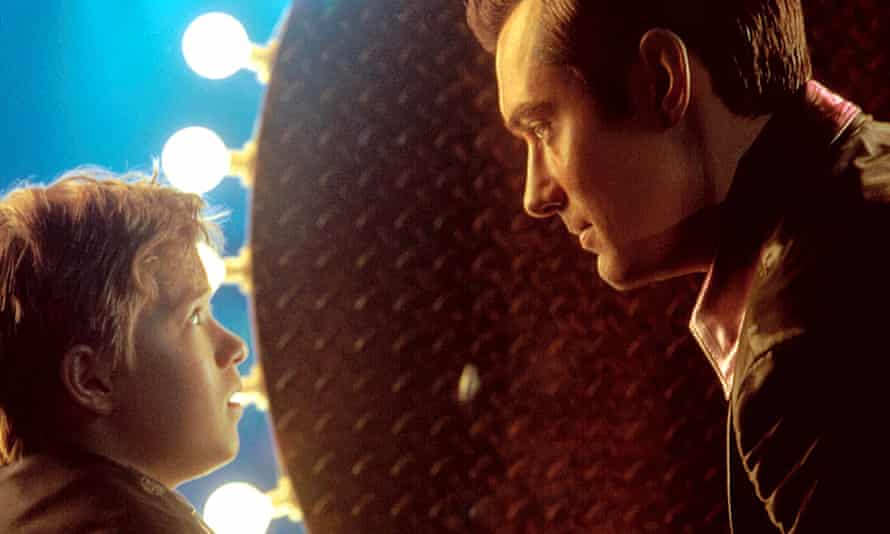". . .Though it’s been 20 years since AI polarized audiences, the genesis of the film extends another 30 years before that, when Stanley Kubrick picked up the rights to the 1969 Brian Aldiss short story Supertoys Last All Summer Long and began the slow development process that didn’t always result in an actual film. (See also: Napoleon, Aryan Papers and scores of others unrealized projects.)
When the title “An Amblin/Stanley Kubrick production” comes on screen, you can anticipate the cognitive dissonance between the two film-makers:
Kubrick the cold clinician, taking inventories of man’s hypocrisies and destructive nature; Spielberg the slick entertainer, a brand name in Hollywood storytelling.
How could those sensibilities possibly be reconciled?
That’s a rhetorical question to those who consider AI a failure, but for the others who admire it, like me, the tension between Kubrick and Spielberg results in a one-of-a-kind experience, a bleak film about human nature disguised as a sentimental science fiction fairytale. . .
AI at 20: Spielberg’s misunderstood epic remains his darkest movie yet
The odd combination of Stanley Kubrick and Steven Spielberg brings a unique quality to this heartbreaking story of a robot in search of love

“I thought this would be hard for you to understand. You were created to be so young.”
This heartbreaking line arrives toward the end of AI: Artificial Intelligence, many centuries after David, an uncommonly sophisticated mechanical child (or “Mecha”), has embarked on a quest to become “a real boy”, like Pinocchio, and reunite with the human mother he’s been programmed to love. The years have not aged him, of course. He is eternally young, incapable of acquiring the wisdom and perspective that come with age. He can’t comprehend the passage of time, much less the absurd and quixotic nature of his mission. He just wants his mommy.
The purity of that feeling is something Steven Spielberg has been chasing for much of his career, how the innocence of a child is expressed through wonder on one end and intense vulnerability on the other. The magic of Spielberg’s ET the Extra Terrestrial is that it extracts tears at both ends of the spectrum, whether young Eliot is lifting off on his bicycle or connecting with his alien friend as he falls under the cold scrutiny of grown-ups. AI is much more about vulnerability than wonder, and it may be Spielberg’s darkest film, darker than Schindler’s List, which seeks out a sliver of redemption from an overwhelming historical horror. There’s a redemption arc in AI, too, but it’s as synthetic (and as real) as the android at the center of it. . ."
These are just some brief extracts. . .Go get the entire article written by Scott Tobias > https://www.theguardian.com/film/2021/jun/29/ai-20th-anniversary-steven-spielberg


No comments:
Post a Comment